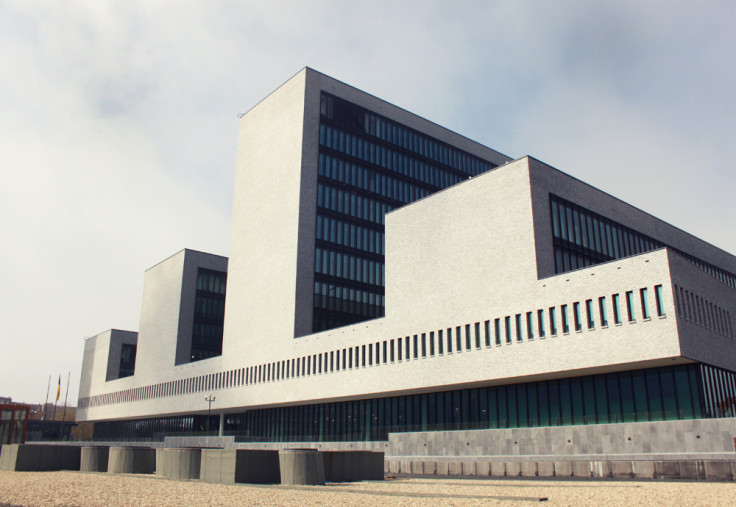Europol Cybercrime Chief Believes Cyber Threat Will 'Change the World'

According to the man tasked with tackling online crime across the European Union, the continent's reliance on the internet to do business makes it the perfect target for cybercriminals, who don't even have to leave their armchairs to commit crimes.
Troels Oerting, head of Europol's European Cybercrime Centre (EC3) was speaking at the InfoSecurity conference in London on Tuesday, starkly warning those listening: "I think that the cyber threat will change the world as I know it."
The EC3 monitors three different kinds of illicit activity - online child exploitation, credit card fraud, and cyber crime services - and he willingly admits that it has not been completely successful so far, and with the advent of the internet of things and increased internet usage around the world, things are only going to get worse.
The Dane pointed out that if we look at a map of internet usage around the world today there are vast areas - such as Africa - where the internet is yet to properly switch on.
Reliant on the internet
The current internet population of 2.7 billion is expected to grow to 4 billion in the next three to four years, leading Oerting to pose the rhetorical question:
"Do you think we will see more or less crime when we go from 2.7 to 4 billion?"
In Europe the internet is already at the heart of everything we do, and business in the region is hugely reliant on it.
The business model for organised crime is to "follow the money". This is no different for organised cybercriminals and the inherent qualities of the internet actually make it much easier to achieve this goal.
"This part of the globe needs the internet for for prosperity and growth. The problem is that the criminals can attack anyone, any time, anywhere - without moving a bloody inch."
An island no more
Oerting pointed out that the Britain always saw itself as an island, and would defend its borders from invasion. The problem with cybercrime is that "no one will travel to your country to conduct crime anymore. They do not move anymore."

It means that old-fashioned techniques of catching criminals such as fingerprints and other physical forensic evidence is not longer relevant, as there is no geographical link between criminal and crime scene when it comes to cybercrime.
The problems are exacerbated by the development of technologies such as the the darknet and cryptocurrencies like bitcoin, which allow criminals to be paid anonymously for their crimes.
The darknet, also known as the deep web and accessed by the Tor browser, is impenetrable even for the NSA and Oerting says that "most of the activity from the top echelon of the criminals on the internet is done by utilising the darknet for the anonymity that gives."
Oerting also warned that in the very near future criminals will be utilising the cloud infrastructure to carry out attacks, meaning law enforcement agencies will no longer be able to physically seize laptops or servers belonging to the criminals, making it even tougher to get a successful prosecution.
"The internet is a shared resource"
Another major stumbling block for successful prosecutions for online crime is a lack of standardised laws across the globe. The EC3 could identify the person behind a particular attack but if they live in a country which won't extradite them - Russia say - then there is nothing EC3 can do about it.
"This is why we need to create norms of the internet. I believe the internet is a shared resource, doesn't belong to anybody. It is just like the high seas and the air that we all breathe," Oerting
The Dane believes that if we don't address this issue, we could end up polluting the internet with crime just as we have polluted the seas and air, and it will result in a Balkanised internet, an internet with borders.
However, despite the seemingly bleak outlook, Oerting remains an optimist, claiming that in the long run "We will win. We will prevail, but it will be a tough ride. We will do it together."
© Copyright IBTimes 2024. All rights reserved.







